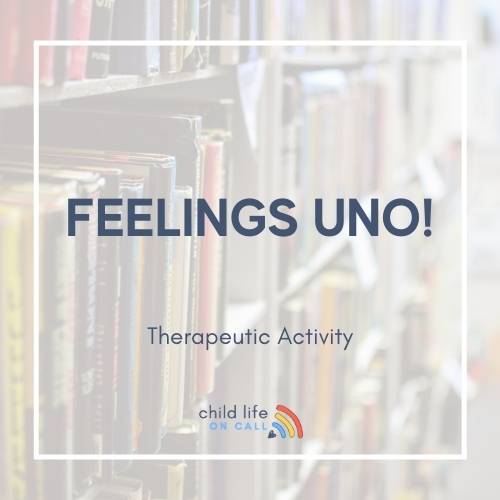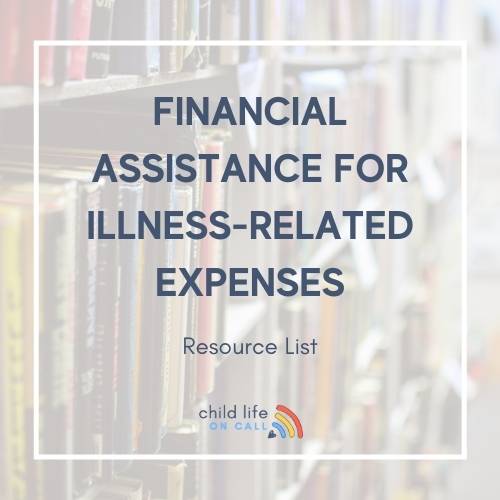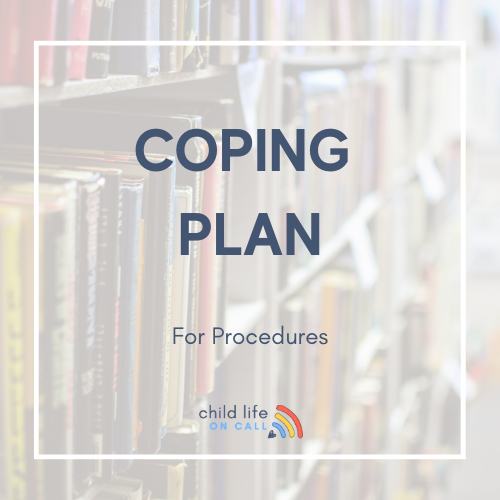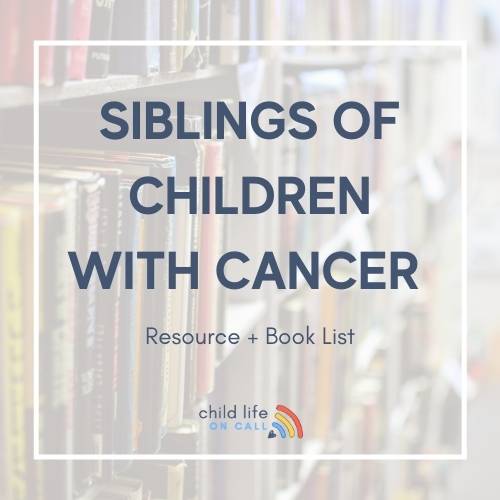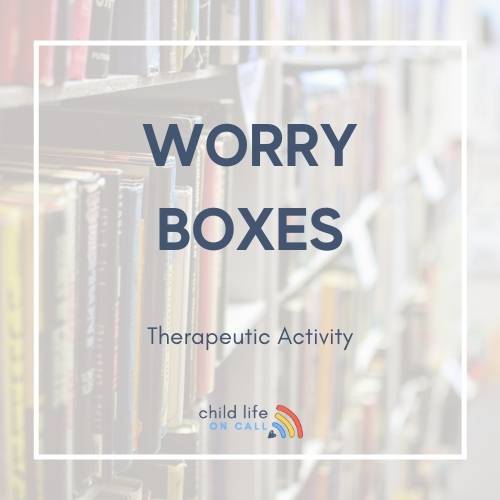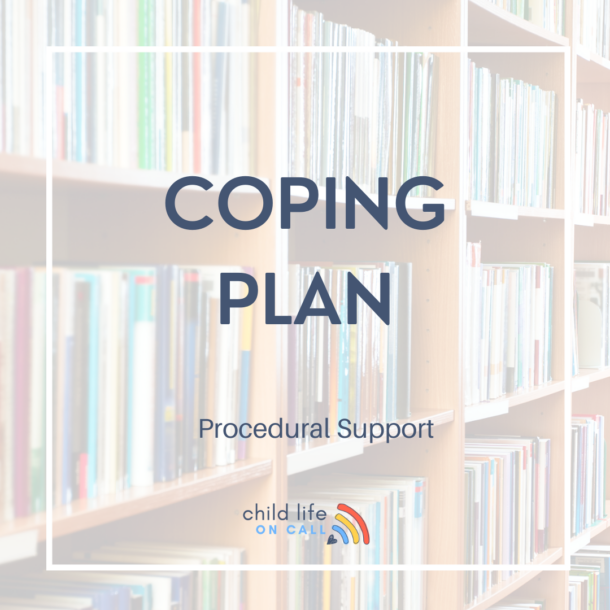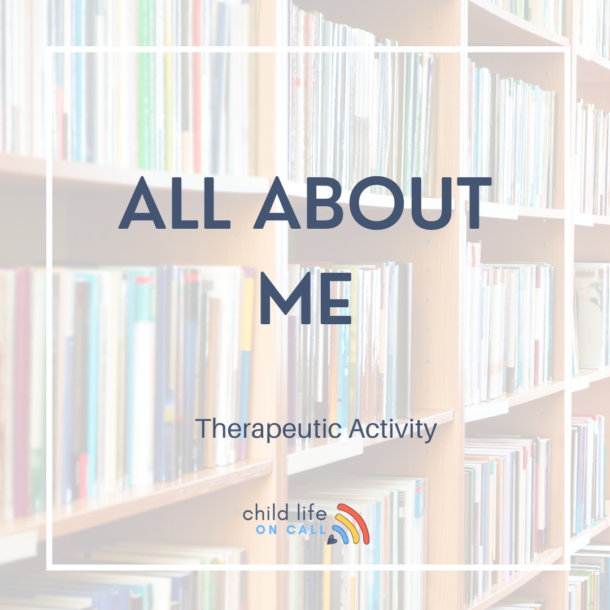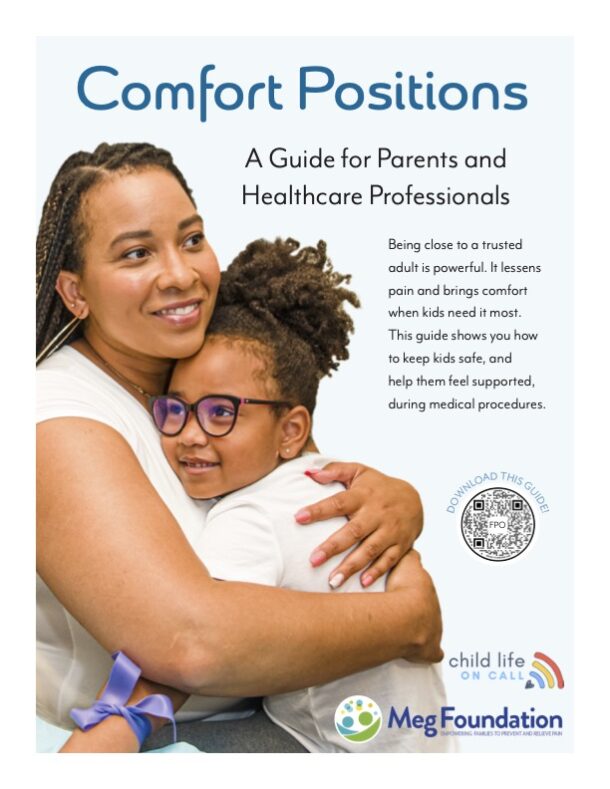By: Katie Taylor, CCLS Child Life On Call
This is a sponsored post by Gebauer Company, makers of Pain Ease. All opinions and views are my own.
As children return to school after a year full of unexpected twists and turns, we can expect higher levels of signs of anxiety than years prior. While many U.S. school districts appear to be letting children return to the classroom, many of us are still walking on eggshells unaware of how the COVID-19 pandemic may still play out.
One of the most normal and predictable parts of childhood, however, is that play is the universal language of children. As adults when we want to understand what a child is thinking, we should get on the floor and play. If you’re an adult thinking, I don’t know how to play with a child, you’re not alone. But, I’m here to tell you some good news: children will help you navigate how to play. You must simply begin by sitting on the floor next to them and let them lead the way.
We are in a time when there is so much unknown and fear associated with being away from home, and we are on the brink of a new school year where we will be introduced to new people and teachers. For younger and school-aged children, play is a great way to assess how your child is coping. For tweens and adolescents, being available to listen and help them understand their own feelings about back-to-school is a great way to start.
No matter the child’s age, consider these three basic concepts as you begin the conversation.
Preparation
Get your kids involved in the preparation for school. Encourage them to be accountable for organizing their school supplies and let them pack their own backpack the night before school. This promotes independence, accountability, and autonomy over their new experience. If they pack the bag, they know where to find everything they brought.
Rather than telling them they have to pack their own bag, try something like, “let’s do this together so that you know exactly what you have for tomorrow.”
If you have a child who has medical needs, sit down with them and write a letter to their new teacher together. In the letter, include things that are important about your child’s unique personality: do they want other classmates to know about their illness? Do they need to spend some recess time in the nurse’s office? Is there a part of their academics that they struggle with and could use extra help?
Consider using language that empowers them to share their own story. “You know what works best for you, and you are the best person to tell your teacher about your illness.”
Support
Some kids will naturally fly on their own the second they hit the pavement toward the school’s front door. Others will require a more supported transition. Both are appropriate and wherever your child falls between the two, meet them there. Acknowledge independence and provide verbal support when they recognize it themselves. “I noticed that you jumped out of the car to get to the front of the school as fast as you could! You are ready to do this all by yourself!” For kiddos who are taking a bit longer to separate, try something like this: “I know that leaving what you’re used to, can feel really hard and a little bit scary. I know that you can do this on your own, but your teachers and I have got your back and will be here for you.”
If you have a medically fragile child, it’s normal for this transition to school to take a lot of emotional and physical stamina – on both of your parts! Be kind to yourself and allow yourself to feel wherever is coming to the surface. Are you relieved to have some moments to yourself after a long summer? Are you nervous that the school won’t be able to care for your child the way you can? All of these are valid ways to feel. Let yourself feel them and take it one hour at a time.
Follow Up
Yes, I’m talking about the dreaded post-school exhaustion that hits every house regardless of geographic location. Find what works with your children and try not to compare your experience to others who post on social media, “It was a great first day!”
Prepare yourself for a roller coaster of emotion that will undoubtedly be placed on you. Some kids are going to need extra TV time. Some will require a BIG SNACK and only pick at the food at the dinner table. Some kids are going to need to hit the great outdoors and spend some time on that trampoline.
As the first few weeks pass, notice how your child is reacting after school and build on what works for them. Consider creating a routine from what they’ve established so far this year. Kids (and adults) thrive on boundaries and routines. Knowing what’s coming next (i.e. after school) can help with transitions and changes.
For more information on helping children adjust to challenging life events and those with medical needs, please visit www.childlifepodcast.com.


